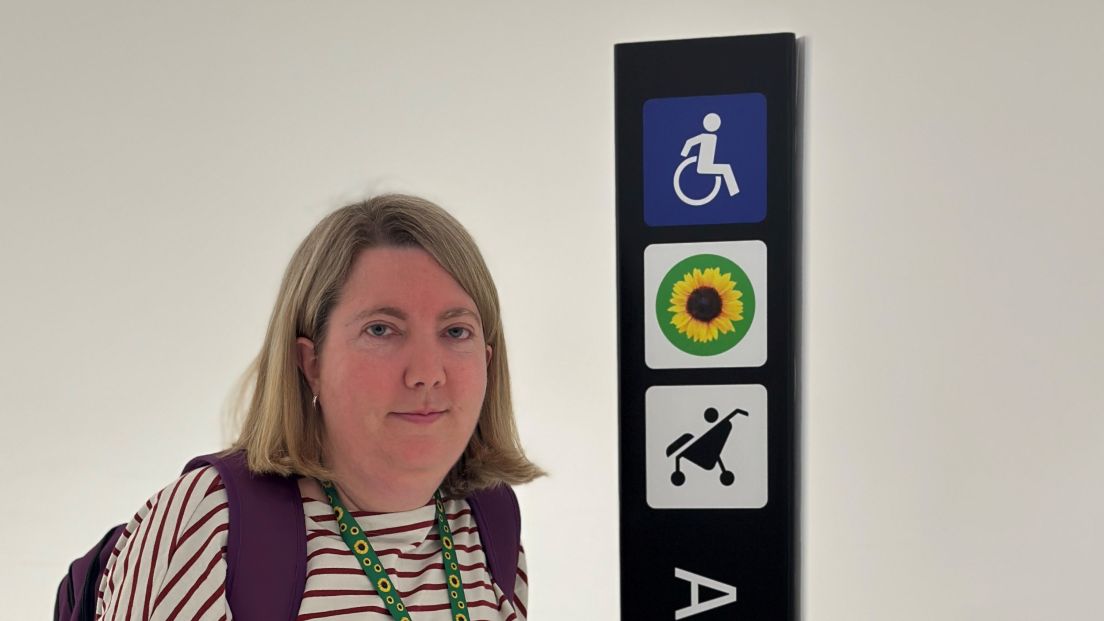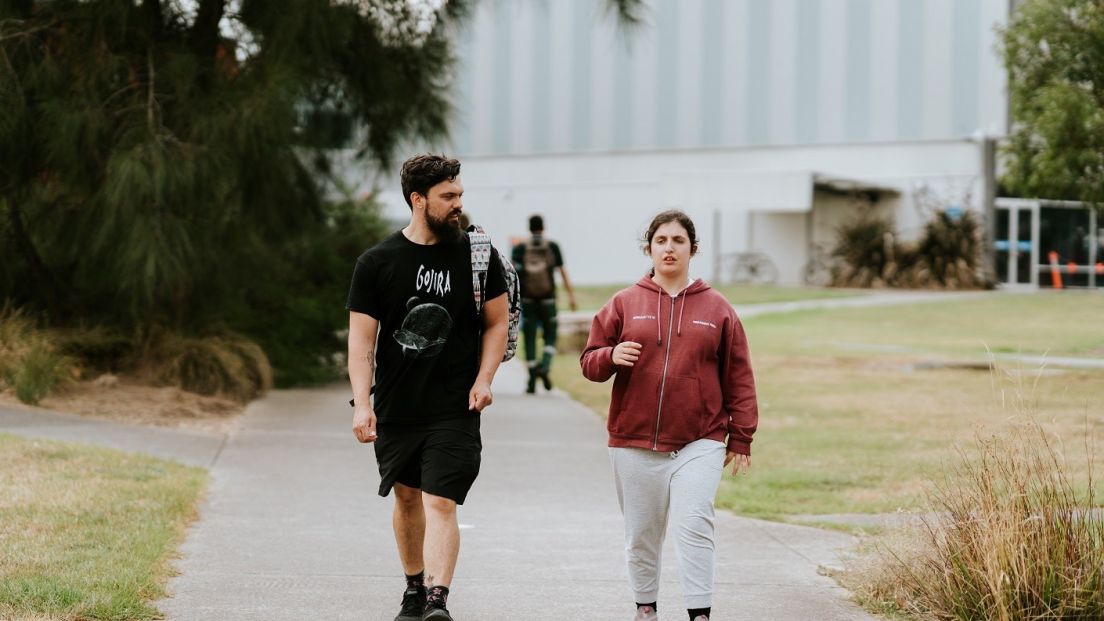Hello Parents and Teachers! Welcome back to the blog.
Term 1 has been a roller coaster of emotions, I have seen so many students show a wide variety of emotions but one topic that seems to keep circulating is technology. Ah, and you thought I was going to talk about emotions! Got you.
In the past week, I have seen students at a variety of schools show their passions for certain games and their emotional states when technology doesn’t work right. It can be difficult to see someone go through such different emotions over a piece of technology. The thing is, even as a mentor, sometimes I have issues helping a student unwind when they are frustrated over something as simple as their headphones not working.
For a lot of teachers and parents, I know they see technology as a hindrance and something that can be distracting for a child, without understanding why the child is so emotionally attached. If we take a moment to look into the reasons behind these emotions, we can turn a ‘weakness’, into a great strength.
When I was growing up, I didn’t get the opportunity to have a game boy advance. You may think nothing of this, but I was socialising in a group of students who played Pokémon on their “GBA's”. To me it wasn’t just a distraction, it was a form of socialising. We had our opportunities to talk about the Pokémon we caught, the levels we found difficult in Mario and with connective features between these old portable systems, our lunchtimes were filled with exciting moments. I didn’t get to experience that opportunity though, as my parents weren’t able to get me a Game boy.
The thing about technology is that it is more than just a distraction to play Sudoku and word games (you heard me dad!), it can also be a social experience. Not having access to technology is like going out with your friends to discover they are heading to a party that you are unable to attend. All you can do is hear from your friends about the experience, while you pray for some kind of experience like it.
In time, I bought a handheld console and I was able to participate in the shenanigans that everyone had. The thing is, as I grew up, I found myself getting frustrated over silly technology issues. I’m not sure if you remember Windows Vista, but after dealing with that operating system and trying to handle a Mac book, I realised why the Droids lost to the Clones in Star Wars, because technology can break so easily.
There seems to be a new device every day and each time you turn around there’s a new apple or Samsung product. This can be stressful for those Aspies that love technology, and we tend to want the next big thing. See it was easy back in my day (cause I am such an old fuddy-duddy) because each generation of video game console comes out every 7 years. Things are different now, so we must make arrangements so that everyone feels happy, while they also respect what they have.
I had a student go from melting down, to super happy because he found out that a favourite game of his was receiving a big update releasing the next day. The teachers and I knew we had to approach this in the best light; this game could grab his entire focus when he needs to study. To prepare for this, we made an agreement where he could spend time enjoying the video game’s update but he needed to spend the required time working.
Checking in the next day, I was shocked to discover that the student had completed not only his work in Science but in history and maths too.
It’s difficult to understand such open-ended remarks like “Get off your iPad”, “you can’t do that yet” or “you can’t play”. By saying these remarks, it’s difficult for us to process what to do next. When I feel emotional, my mind can’t focus, so I need choices in my life to get me through. So if you want your child or student to “not be distracted”, work with them to find the right time to play or use technology – rather than just giving them a blanket ban. Let them have a say in when they can work, and you can use that off period to build other activities like playing sports, board games, going for walks or spending quality time together.

